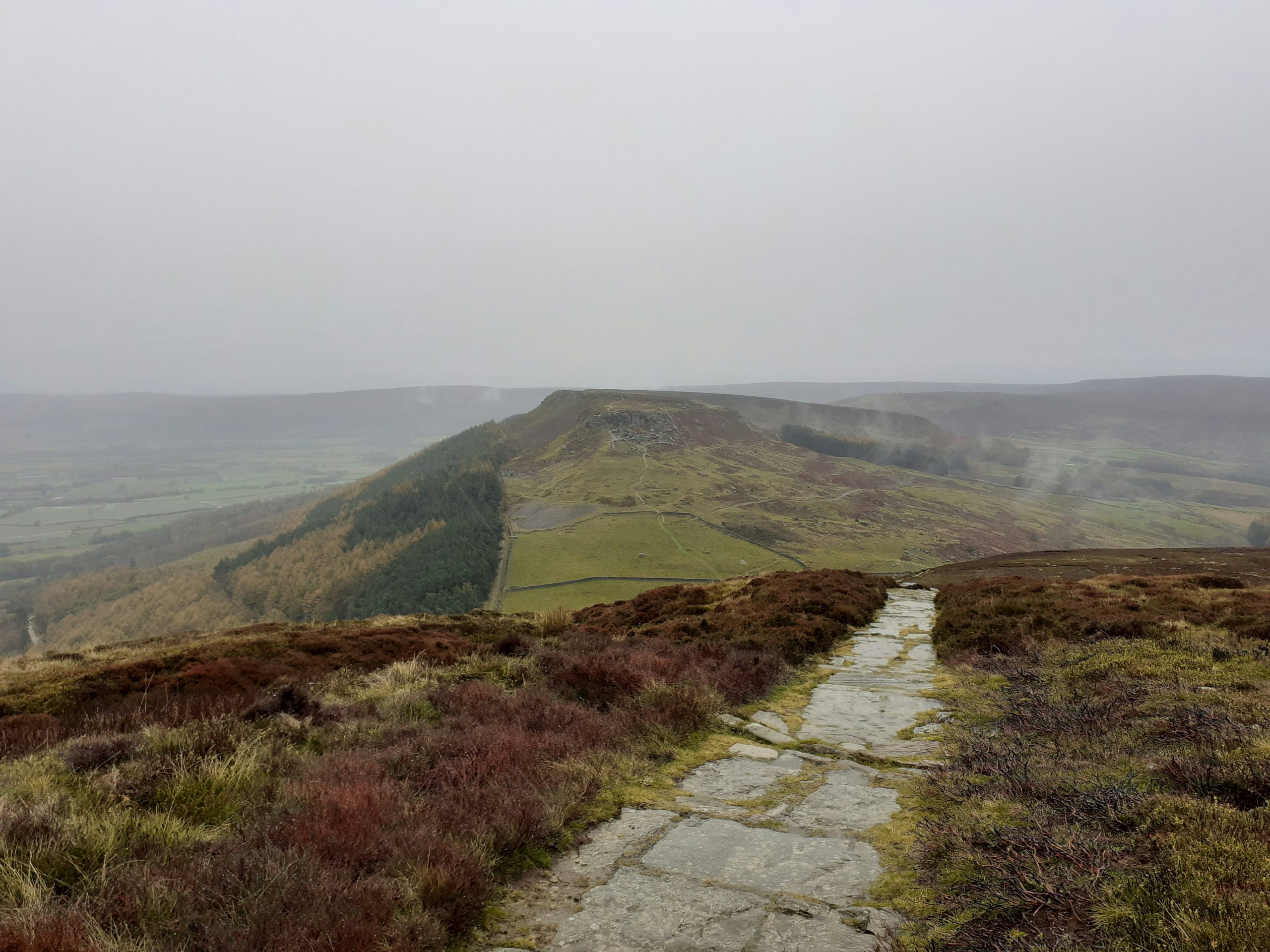For the first time in 2012, Swn played host to a number of fringe events to attract audiences away from the music to sample the other end of the cultural spectrum: art, poetry and literature. Thom Hollick gives his review of┬áSwn’s combination with the spoken-word event In Chapters.
On Friday, Swn teamed up with the semi-regular spoken-word event, In Chapters, to present an evening of poetry, story-telling and musical accompaniment. The three-hour event was curated by the Cardiff Writer John Williams and former Gorky’s Zygotic Mynci Richard James, and was on the theme ÔÇÿoutsiders’.
The evening was opened with a set of songs from Dr Freud’s Cabaret, a work of musical theatre devised and performed by Charlotte Greig. She played simple but beautiful piano riffs beneath occasionally wavering vocals and violin accompaniment from Megan Childs. Very pretty music formed a delicate underscore for a black and white film, exploring imagery of loneliness and destitution. Songs veered from bold to suddenly very timid, whilst the dark subject matter of the lyrics ambled from house fires to cocaine addiction, telling the stories of Dr Freud’s earliest patients.
![img_1883_2[1]](https://cardiffstudentmedia.co.uk/quench/wp-content/uploads/sites/3/2012/10/img_1883_211-300x206.jpg) The evening then proceeded into the section described by John Williams as “a 75 minute folk-psych freak-out”. Poetry readings followed by writers from Cardiff and beyond, exploring the ÔÇÿoutsiders’ refrain. Mel Daley read a poem about the persecution she feels as a smoker since the smoking ban, Gareth Potter talked about becoming a punk in a 1970’s welsh valley community, and Osian Rhys Jones read a welsh strict meter poem about Kurt Cobain and his legacy for outsiders everywhere. Holly Muller (front woman of Cardiff band Hail! The Planes) read from her short story All the Mod Cons, about an old man, unappreciated by his family who turns to drink. And the man known only as Ninjah shouted about Wales and it’s history of being marginalised by the English.
The evening then proceeded into the section described by John Williams as “a 75 minute folk-psych freak-out”. Poetry readings followed by writers from Cardiff and beyond, exploring the ÔÇÿoutsiders’ refrain. Mel Daley read a poem about the persecution she feels as a smoker since the smoking ban, Gareth Potter talked about becoming a punk in a 1970’s welsh valley community, and Osian Rhys Jones read a welsh strict meter poem about Kurt Cobain and his legacy for outsiders everywhere. Holly Muller (front woman of Cardiff band Hail! The Planes) read from her short story All the Mod Cons, about an old man, unappreciated by his family who turns to drink. And the man known only as Ninjah shouted about Wales and it’s history of being marginalised by the English.
All of this was accompanied sensitively by Richard James and his in-house band, responding perfectly to the words and tonal quality of the speakers. At times rising to such a volume that they needed to be shouted over, but all the time possessing that rich hypnotic quality that makes such fantastic underscore.
The poems and short stories were a mixed bag; some shone more brightly than others, but each sat seamlessly in with the tone of the evening, captivating and absorbing until time seemed to cease altogether. One could not help but be transported into the shoes of so many different characters. As an evening of Welsh culture, the overall message seemed to be that Wales has the potential to be a nation of empathy.
Thom Hollick


